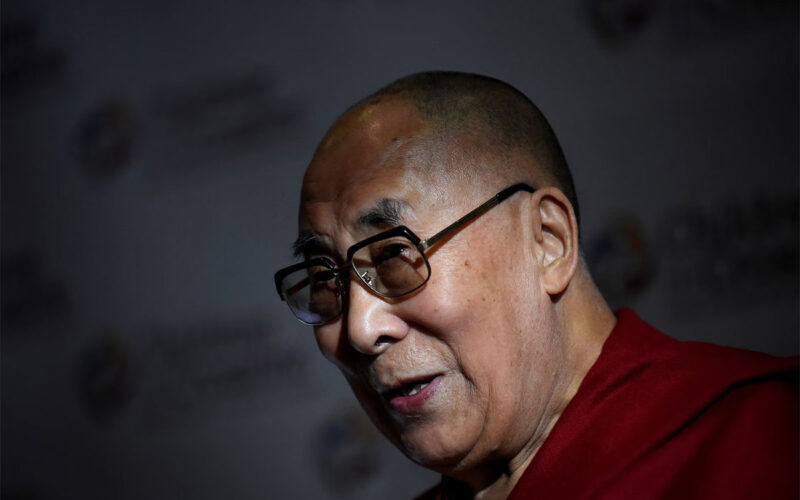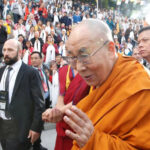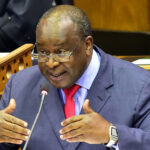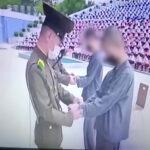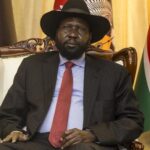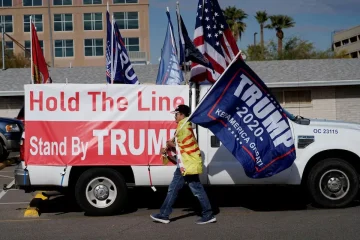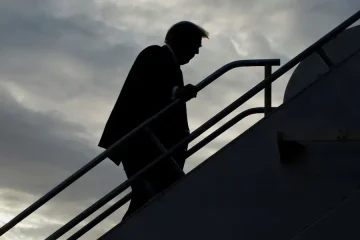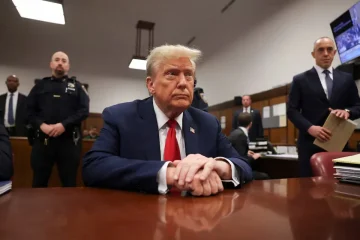[tta_listen_btn listen_text=”Audio” pause_text=”Pause” resume_text=”Resume” replay_text=”Replay”]
THE head of Tibet’s government-in-exile has defended the Dalai Lama over footage of him asking a boy to suck his tongue, saying the incident had demonstrated the country’s spiritual leader’s innocent and affectionate side.
The Nobel peace laureate apologised after the footage from a public event, which also shows him apparently giving the boy a peck on the lips, went viral, leading to a wave of comments on social media that his behaviour amounted to abuse.
Penpa Tsering, the Sikyong (political leader) of the exiled Central Tibetan Administration, said the Dalai Lama had been “unfairly labelled with all kinds of names that really hurt the sentiment of all his followers”.
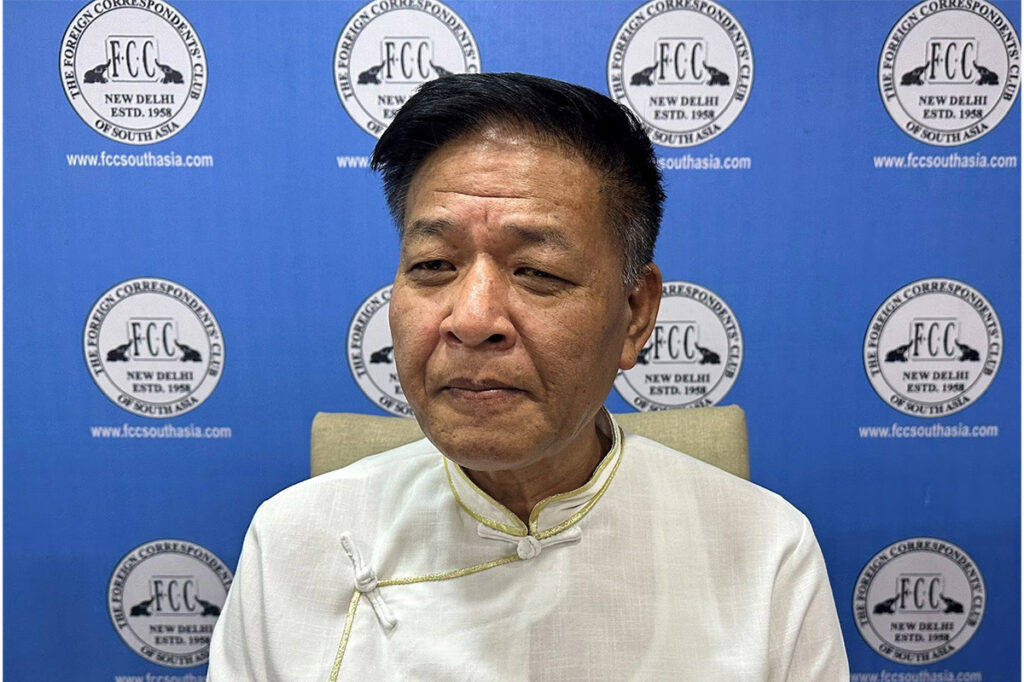
The 87-year-old’s “innocent grandfatherly affectionate demeanour” shown in the footage had been misinterpreted, Tsering told reporters in New Delhi, adding that a life of celibacy and spiritual practice had taken the Dalai Lama “beyond the sensorial pleasures”.
The video clip, filmed in February and circulated this month, has been viewed over one million times on Twitter.
Tsering said investigations showed “pro-Chinese sources” were involved in making it go viral, adding that “the political angle of this incident cannot be ignored.”
Officials at the Chinese embassy in New Delhi were not immediately available for comment.
The Dalai Lama fled to India in 1959 after a failed uprising against Chinese rule in Tibet. China’s military marched in and took control in 1951.
He has worked for decades to draw global support for linguistic and cultural autonomy in his remote, mountainous homeland situated between India and China.
Beijing has accused him of fomenting separatism and it does not recognise Tibet’s government-in-exile, which represents about 100,000 Tibetans living in around 30 countries.

